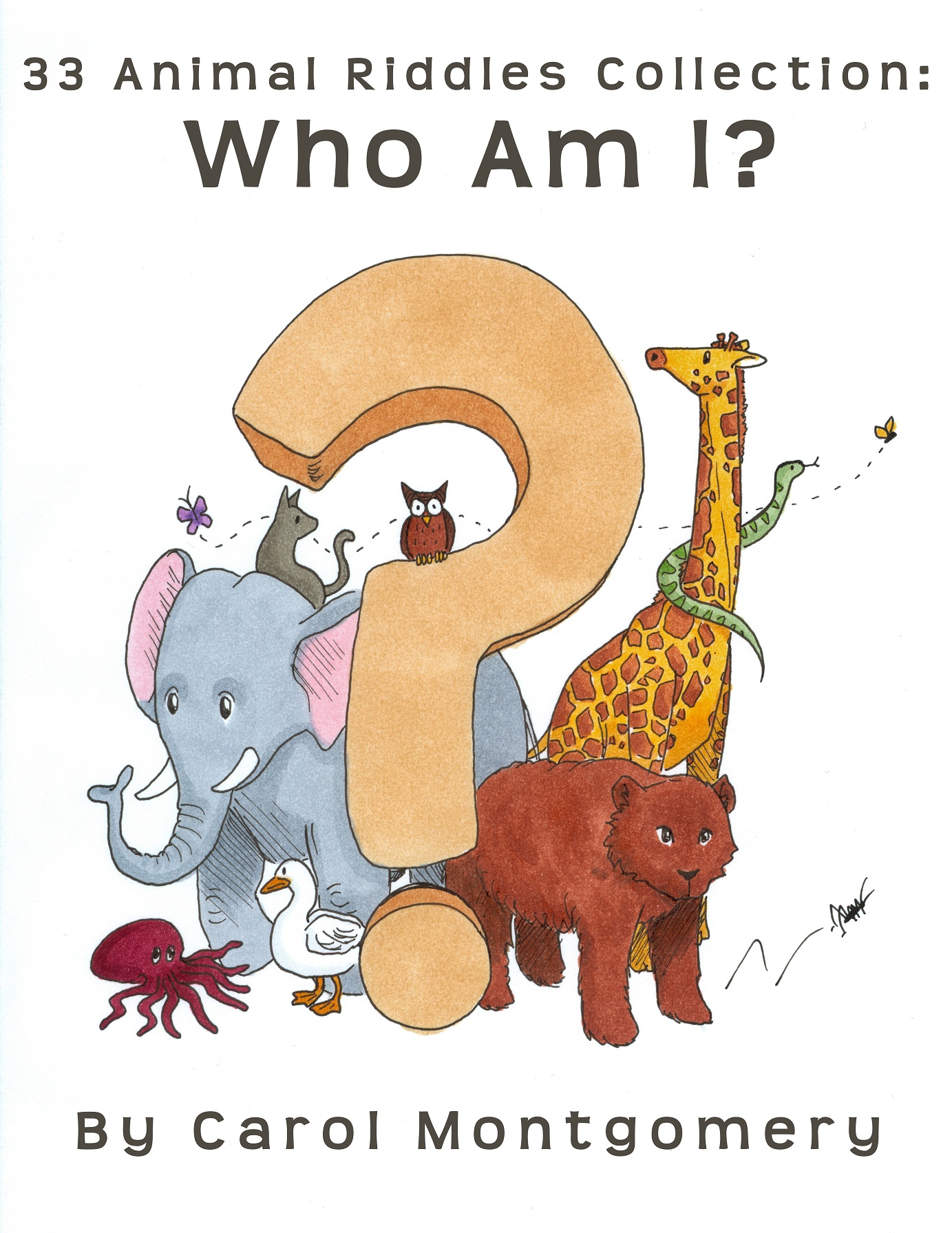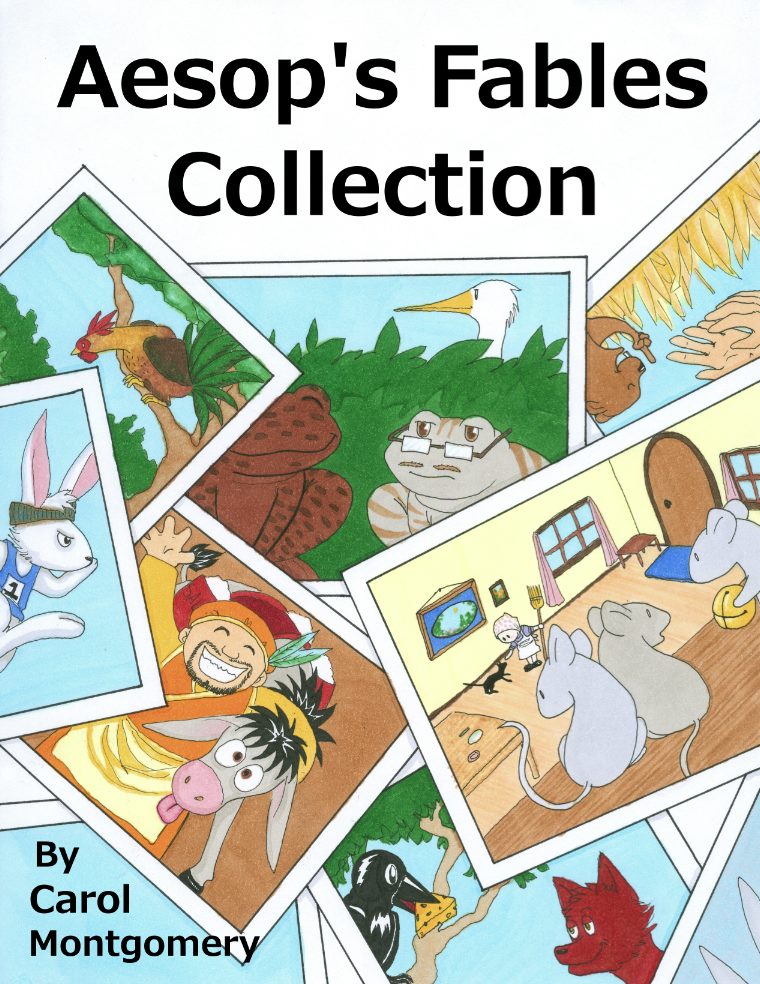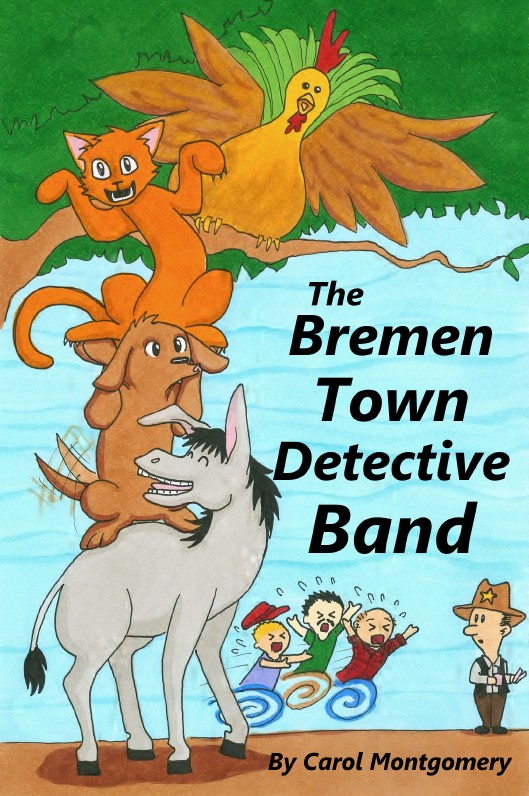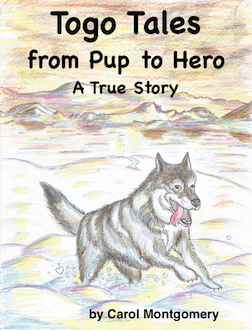publication date: May 27, 2017
|
author/source: Carol Montgomery

What does June mean to you? As a child growing up June meant Father's Day to me–honoring both my blood father and my step-father. June also meant water skiing on the Colorado River, sunburns, and no homework! When I was a classroom teacher June meant the end of the school year and the start of summer college classes to work on my master's degree. As a parent June meant fireflies, gardening, and family field trips.
June represents different memories in different parts of the world. Since most of our caring community live in the United States, let's explore some typical June ideas for summer Readers Theater. Here are five June Readers Theater ideas to help you–no matter where you live:
1. Readers Theater Summer Reading Club (e.g., Readers Theater Club, Drama Club)– A few years ago I did a teleseminar on "Fun Drama Clubs Anyone Can Run." Recently I had a mom write and ask about doing some drama with her daughter (and her daughter's friends) for part of the summer.
This is the beginning of my answer to her:
A summer "club" is a brilliant idea! I used be a classroom teacher and in the fall we always had to review because the students had forgotten so much over the summer. Actually, we have had several homeschooling parents use Readers Theater as part of their curriculum-even in the summer.
When I taught a drama club for several years we always started our meetings with drama games and warm-up activities to increase the fun and learning. We worked on projection, enunciation, and looking up from a script to see the audience. But, the highlight was always the performance! Make sure you schedule at least one for friends and family. Better yet, why not videotape it for forever memories?
If you have gifted or older students encourage them to write their own Readers Theater scripts based on books they have read, stories they have written, or research they have done on a topic they love. Feel free to let them compose one minute Readers Theater "commercials" to include in their performance or recording. Include sound effects–like in Radio Theater–to delight both your students and their audience.
2. Nature Study– I LOVE nature! Children love to study nature, too. There's something about rocks, shells, birds, and bugs that woos us to explore more. From tadpoles to tigers and wombats to weather learning opportunities abound. And, Readers Theater is perfect for integrating nature study while building multiple life-long skills.
If you're a primary teacher we have several fun scripts in the Script Buffet (under Science>Nature/Environmental). But, you may be able to have student groups write their own non-fiction Readers Theater–each on a different animal or cloud.
If you collect a variety of nature poems, have students share them in a Readers Theater performance. The students may read and write their own scripts or they may assign parts to prewritten poems. One first grade teacher in our community had her students dividing the poetry lines into reading parts for Readers Theater. (Older students may perform for younger classes using puppets or costumes to add to the fun.)
3. Space– In this hemisphere, warm summer nights provide plenty of opportunities for exploring the night sky. Why not do a short unit study on the Moon and include Readers Theater?
We have several scripts for everyone based on the Moon (under Science>Space). In fact, your students may like to "reenact" man's first steps on the Moon with our set of three Readers Theater scripts based on the Apollo 11 trip to the Moon. Each script in "Moon Talk" comes from the NASA transcripts for historic accuracy.
However, if you're a Script Buffet Club member your students will laugh at our 2-part fiction "Justin Goes to the Moon" and "Moon's Love Song." Justin's script was a custom script written for a Script Buffet Club member. Justin loved it! And, it comes in two different readability levels. (See Science>Space). Plus, you'll discover several other Moon scripts to choose from–all with annotated curriculum links for easy lesson plans.
4. Flag Day/Patriotic– Flag Day is June 14 in the U.S., with the patriotic Fourth of July coming next. Our free script "The Betsy Ross Story" briefly shares the story of our nation's first flag, based on historical documents. It includes annotated curriculum links for easy lesson plans.
Similarly, our series of scripts on "The Star Spangled Banner" provide numerous ideas for patriotic fun and learning for our Script Buffet Club members. But, if you're not a Script Buffet Club member yet you may take the lyrics of the song and divide them into your own Readers Theater script.
If you're in Australia or elsewhere you may still be able to use our free patriotic script "Sack Lunch Flying" with the annotated curriculum links for easy lesson plans. That script honors the military–no matter what nation you represent and comes in two readability levels.
5. Fathers's Day– Hooray for Dads! We have two free Readers Theater scripts for Father's Day: "Hats Off to Dad!" and "Wanted to Say." While "Hats Off to Dad" provides a light-hearted time of honoring fathers, "Wanted to Say" provides an opportunity for healing hurts. It grieves me to hear how adults talk to children so negatively. I wrote "Wanted to Say" to encourage the students to look beyond destructive words from adults and embrace the truth about who they are–special and loved.
June provides plenty of opportunities to build leaders and creators with Readers Theater every week. Weekly Readers Theater? Why not? You'll integrate reading, writing, listening, thinking, speaking, literature, science, and character-building in one delightful activity. Plus, it's just plain FUN! ;)
Students and teachers love Readers Theater! But, how can teachers integrate Readers Theater into the busy curriculum? Many teachers enjoy successful Readers Theater lessons throughout the week (e.g., history, health, social studies, literature, writing...). You can motivate students by incorporating Readers Theater into a unit study or holiday celebration. Some teachers use Readers Theater for character building lessons in school clubs or as optional homework. Since Readers Theater builds so many life-long skills in one fun activity, no matter when you do Readers Theater you and your students will win. Check out this "Shortcut" article: 5 June Readers Theater Ideas for Enjoying Readers Theater All Year. You'll discover plenty of links to simplify your life and lesson planning.










.jpg)

